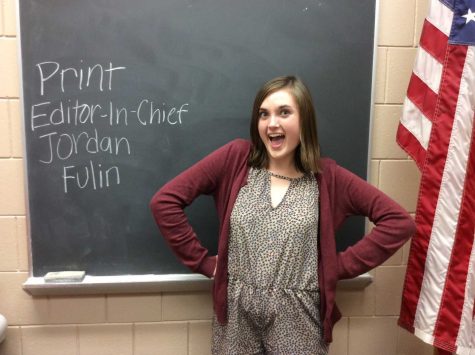Exploring Social Justice in our community
December 3, 2015
Social justice refers to the concept of equal opportunity and freedom to pursue, acquire and cease sources of education, income and wealth, and the bases of self-respect and relationship according to ability, compatibility and effort with willingness of able members of the community to help the needy and disabled. Society in which people recognize each other’s rights, respect them and fulfill their own responsibilities to the community, justice is present in every aspect of life, rather than merely the administration of law.
Social Justice stands with the revolution. From Trans rights to Mizzou, to Mike Brown. It stands with those who are hurting in Kenya, South Africa, Nigeria, South Korea, Lebanon and the countless other countries and places forgotten but still in the eye of a storm. It stands with Paris too, but when world is on fire people tend to leave brown and black folks in the flames.
Black Lives Matter
On Nov 16. organizers of Black Lives Matter Minneapolis rallied at the Fourth Precinct to protest the police killing of Jamar Clark. From the rally, protesters marched until they reached 94 West and blocked traffic, where some were pulled from the protest line and arrested. There were a total of 51 arrests. Everyone was booked and released within hours after the demonstration.
Jamar Clark was shot Sunday morning in North Minneapolis. The official police report say it was during a struggle. Minneapolis NAACP Vice President Cathy Jones reported “several eyewitnesses [said] that the police officer shot and killed Jamar Clark execution style.”
Protesters marched to reject white supremacist terrorism, and reject white supremacist police violence. The only thing that will end this occupation are when demands are met.
According to The Black Lives Matters Organization, their demands are to see the footage from the incident, they want the media to cover eyewitness testimony, not just police’s point of view and a community oversight with full disciplinary power. The only way resistance will stop is until there is no longer an oppressive system to resist.
Feminism is not a dirty word
People do not realize how important modern day feminism is. First of all, the definition of feminism itself is a common misconception. Feminism is the equality of all genders, as in men, women, and anyone else who does not identify as either.
“I was encouraged not to use the word ‘feminism,’” Emma Watson told Porter, specifically referring to her now-famous HeForShe speech.
Feminism is not women superiority, nor is it for only women. If people want equality for all genders, they are a feminist. It is not a dirty word. People are just people. If a woman trapped in a man’s body wants to identify herself as a woman, she should get the same human rights as everyone else. No special treatment, no discrimination.
Feminism simply means ridding our society of the unequal treatment of people based on their gender. The reason it is about “women’s rights” is because women are the ones being oppressed. Men are affected by it, but ultimately women are one the receiving end of the oppression.
LGBQT+ community
Many LGBQT teens are in fear of being excluded and rejected from their peers, families and institutions. At Stillwater Area High School there is a Gender Sexuality Alliance. It is a student organization that involves any student who wishes to become part of a social group creating a safe and supportive environment in our school for students surrounding issues of sexual orientation and gender identity.
The adviser Julia Geigle shared, “We are planning on collaborating with the Social Justice Club for a Gender and Sexuality Justice workshop in the near future.”
The GSA group provides a focus on leadership development and activism that prioritizes building alliances not only across sexual orientation and gender identity lines, but also across race, ethnicity and class lines.
15 Now
Social and economic inequality in the US has reached historic proportions. The 15 Now organization reported, “The top 1 percent of working people increased their income following capitalism’s Great Recession while the overwhelming majority of them are still struggling or are even worse off than before. This group demands social justice and a dignified life for all workers.”
The fight for 15 is just the first step towards a living wage. Low-wage jobs are disproportionately held by people of color, women and immigrants so the fight for 15 is also a question of racial, gender and social equality.
Social justice comes in many forms. The most radical include race reparations and affirmative action programs. More moderate applications of social justice are found in welfare, education, and union regulations which ‘empower the little guy’ and ‘level the playing field’. Overall, it promotes a just society by challenging injustice and valuing diversity.








